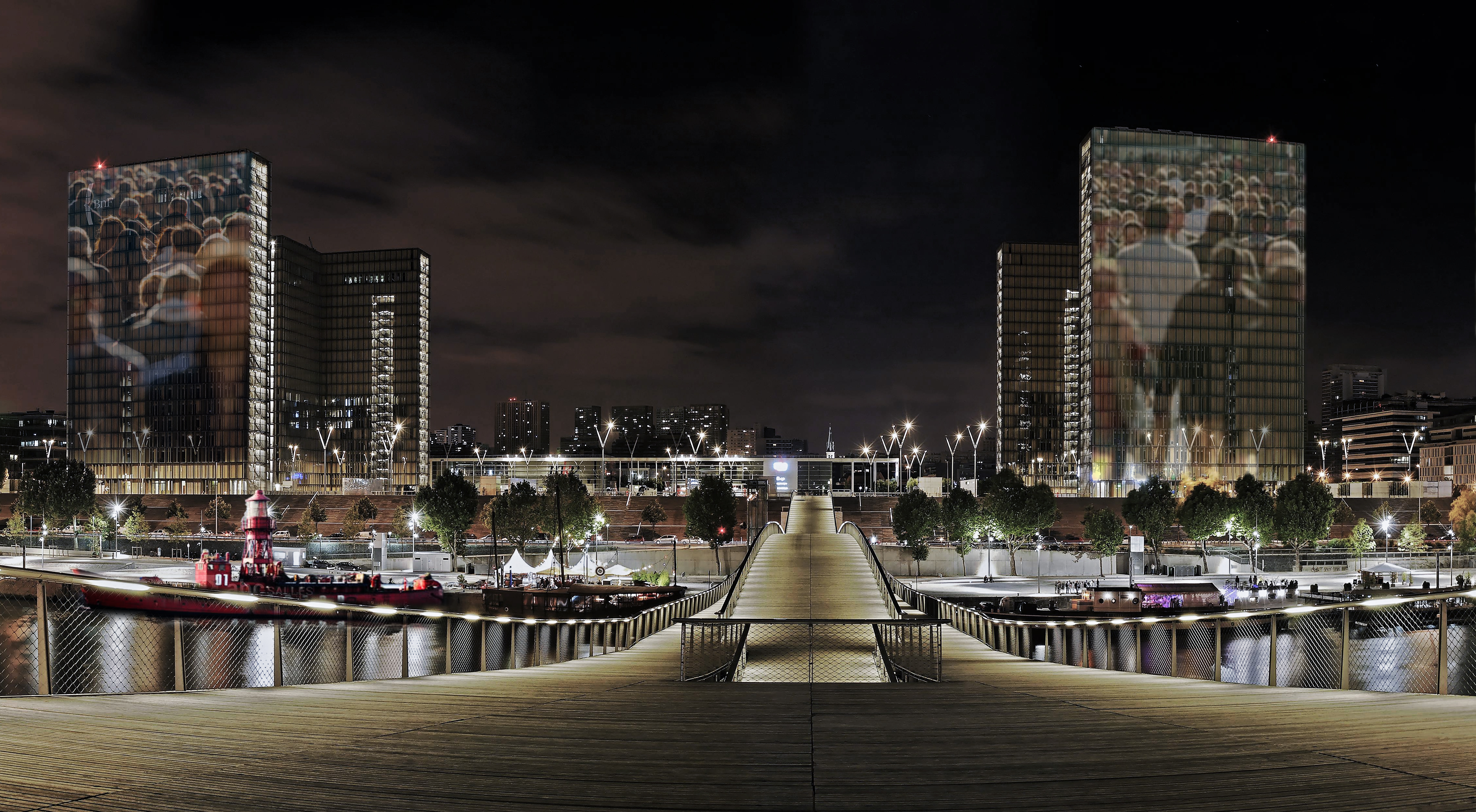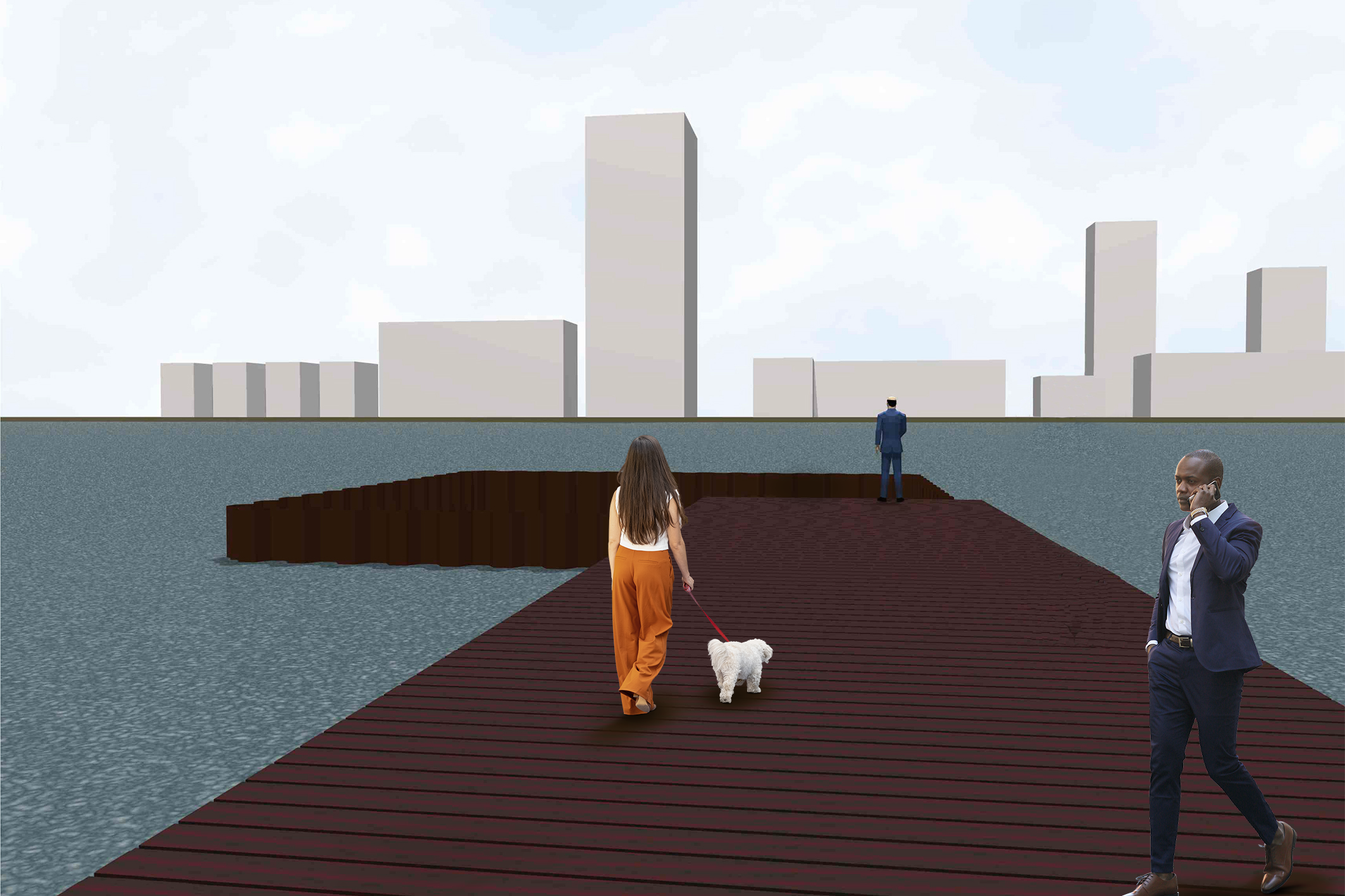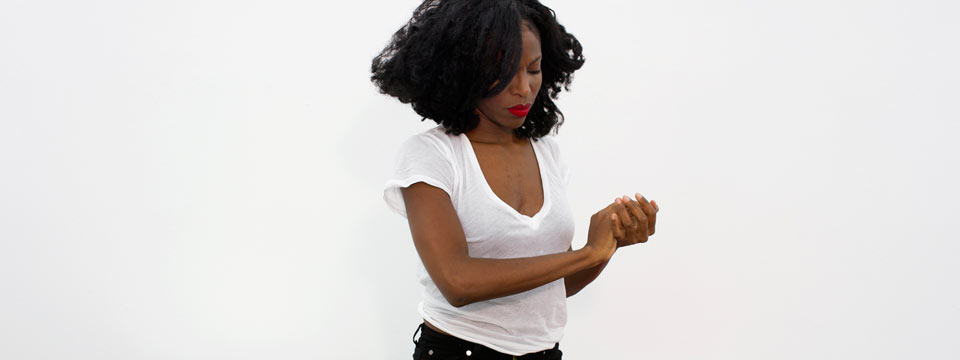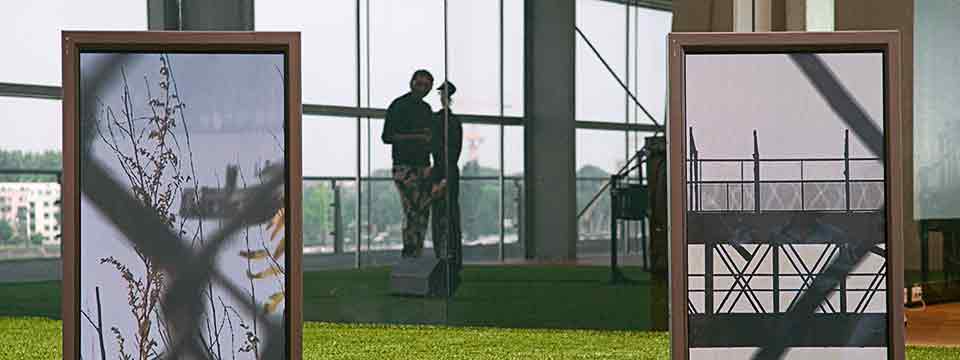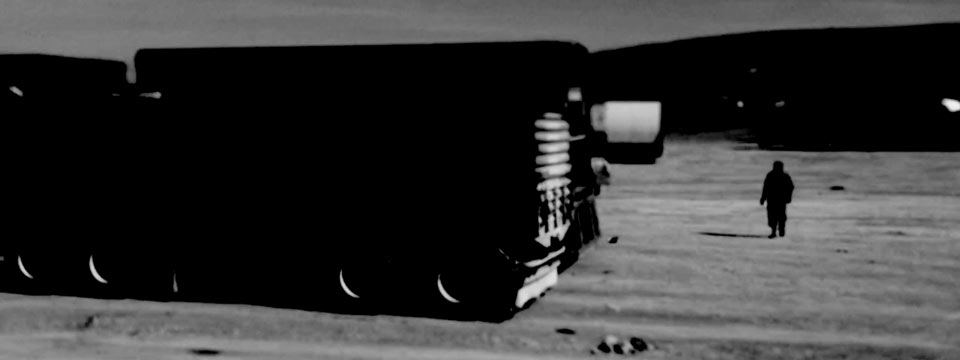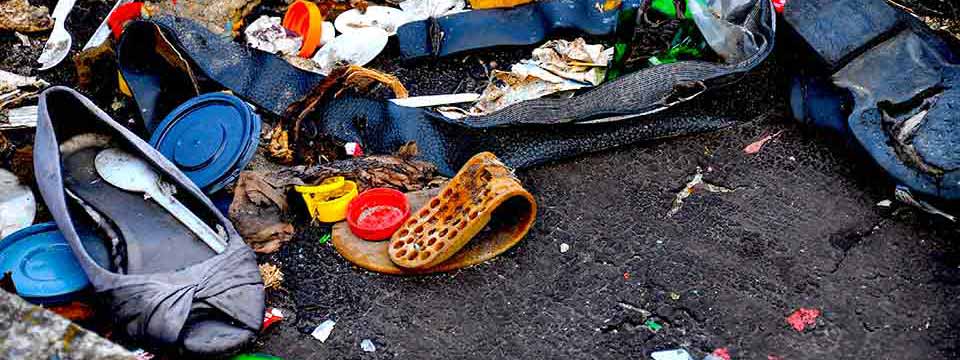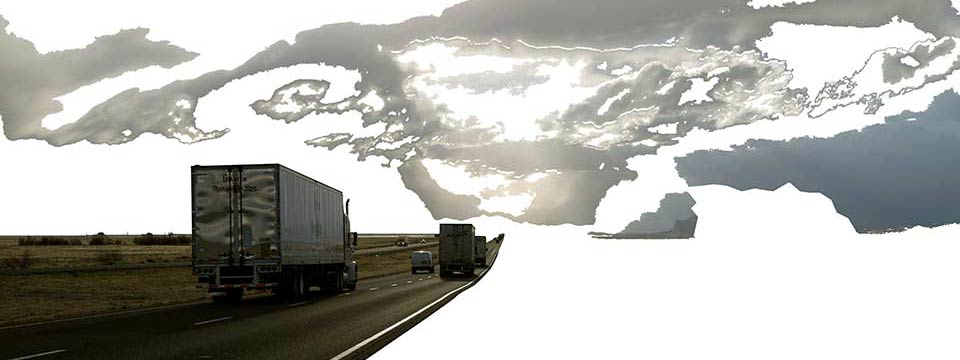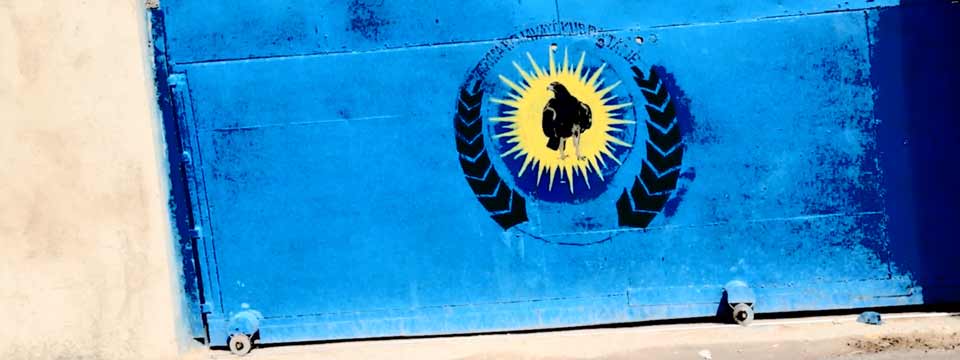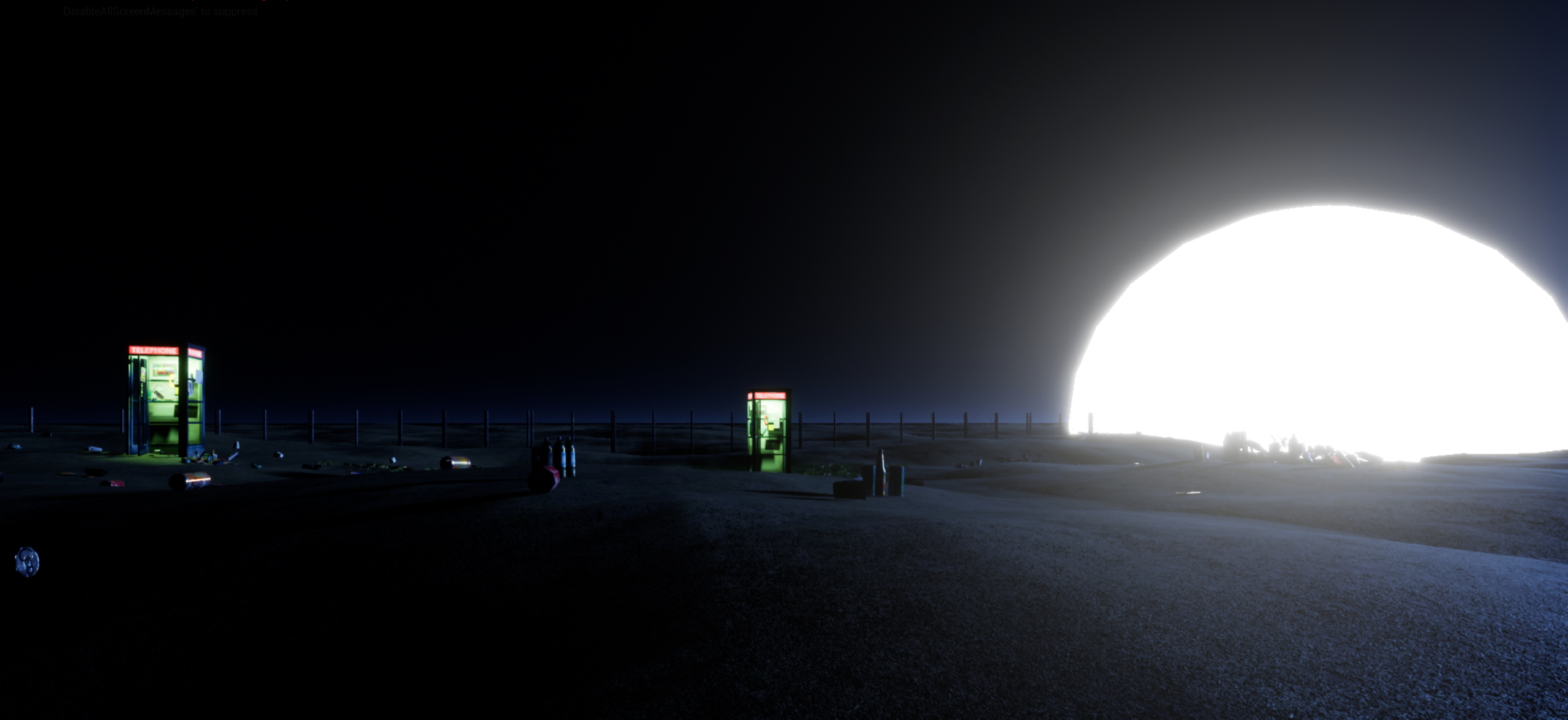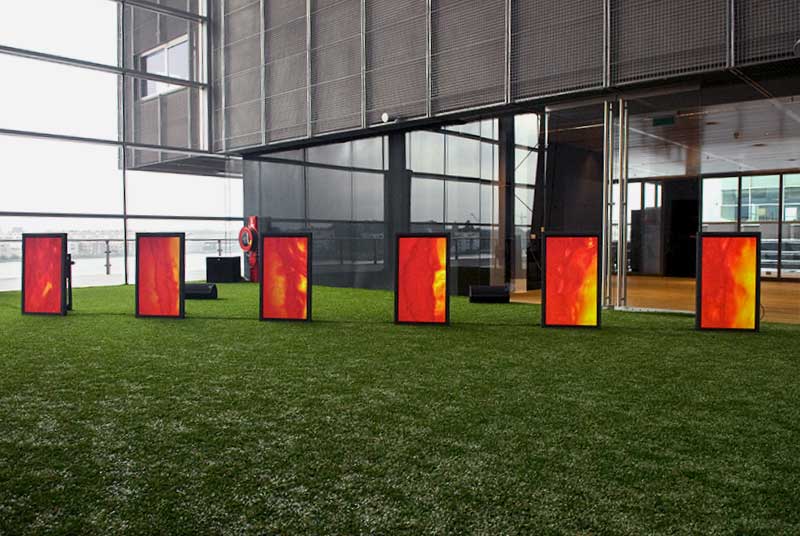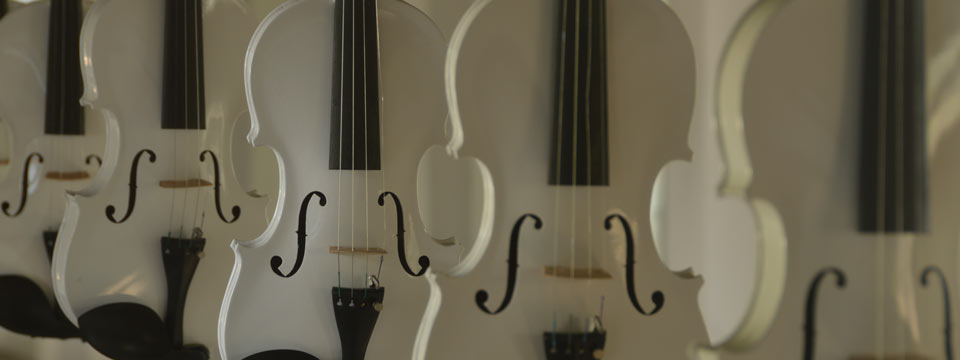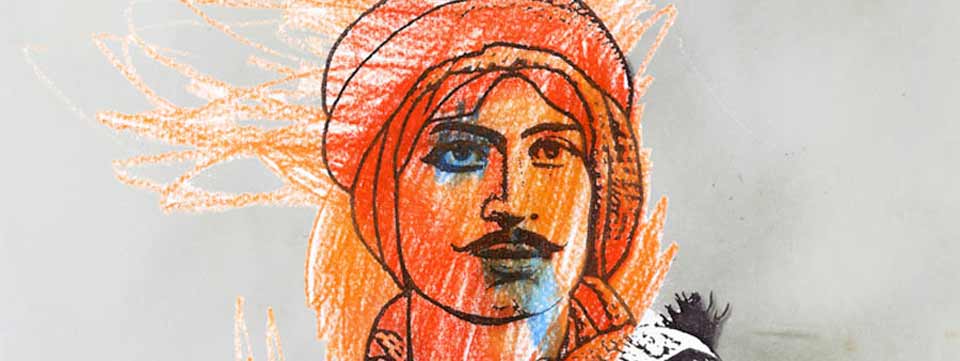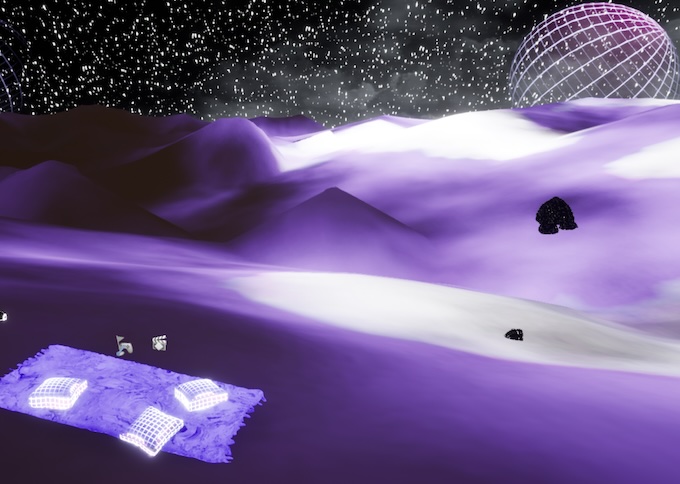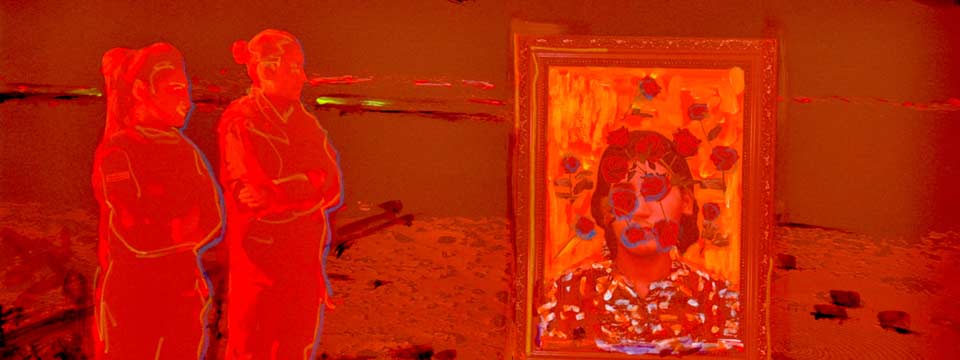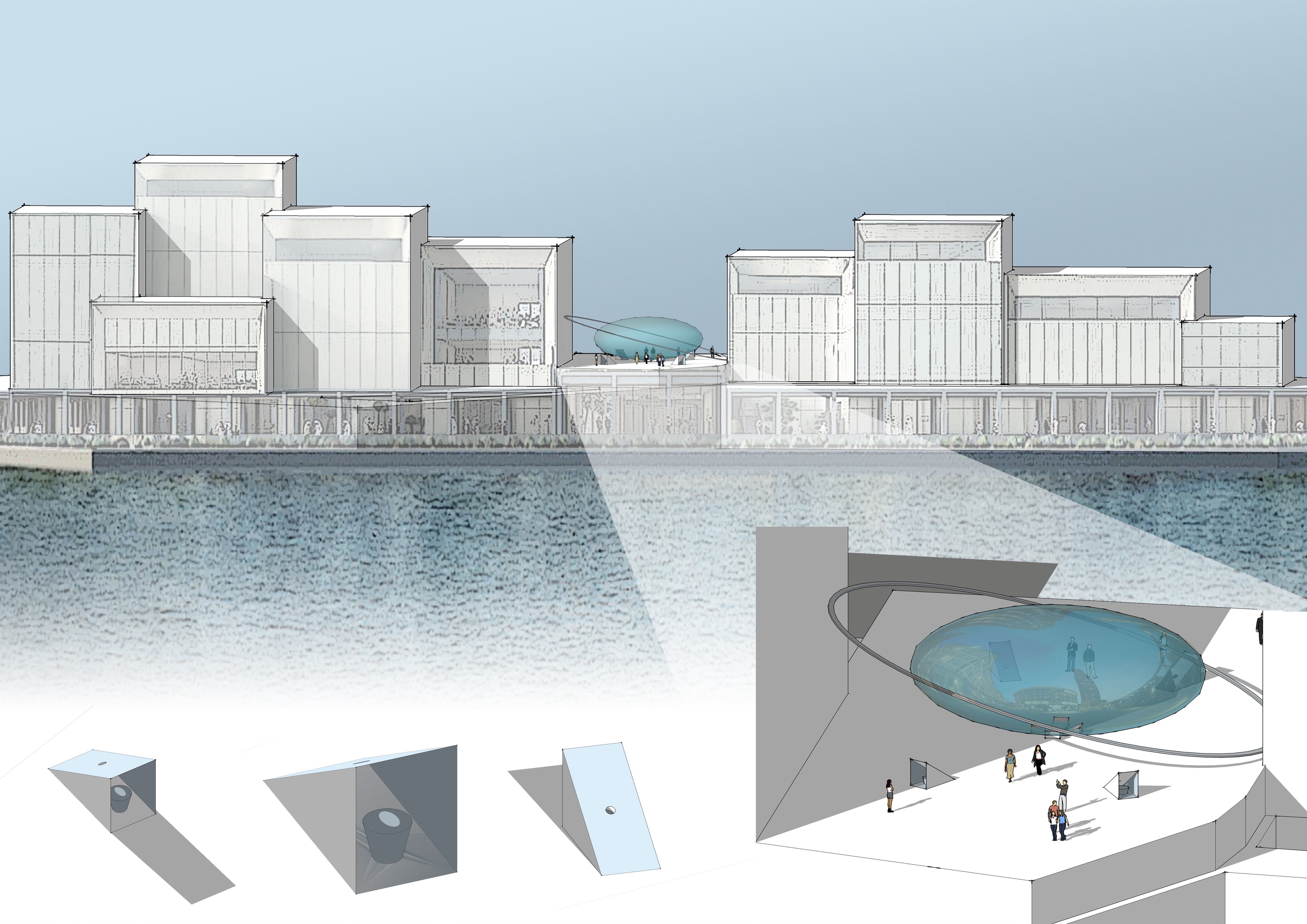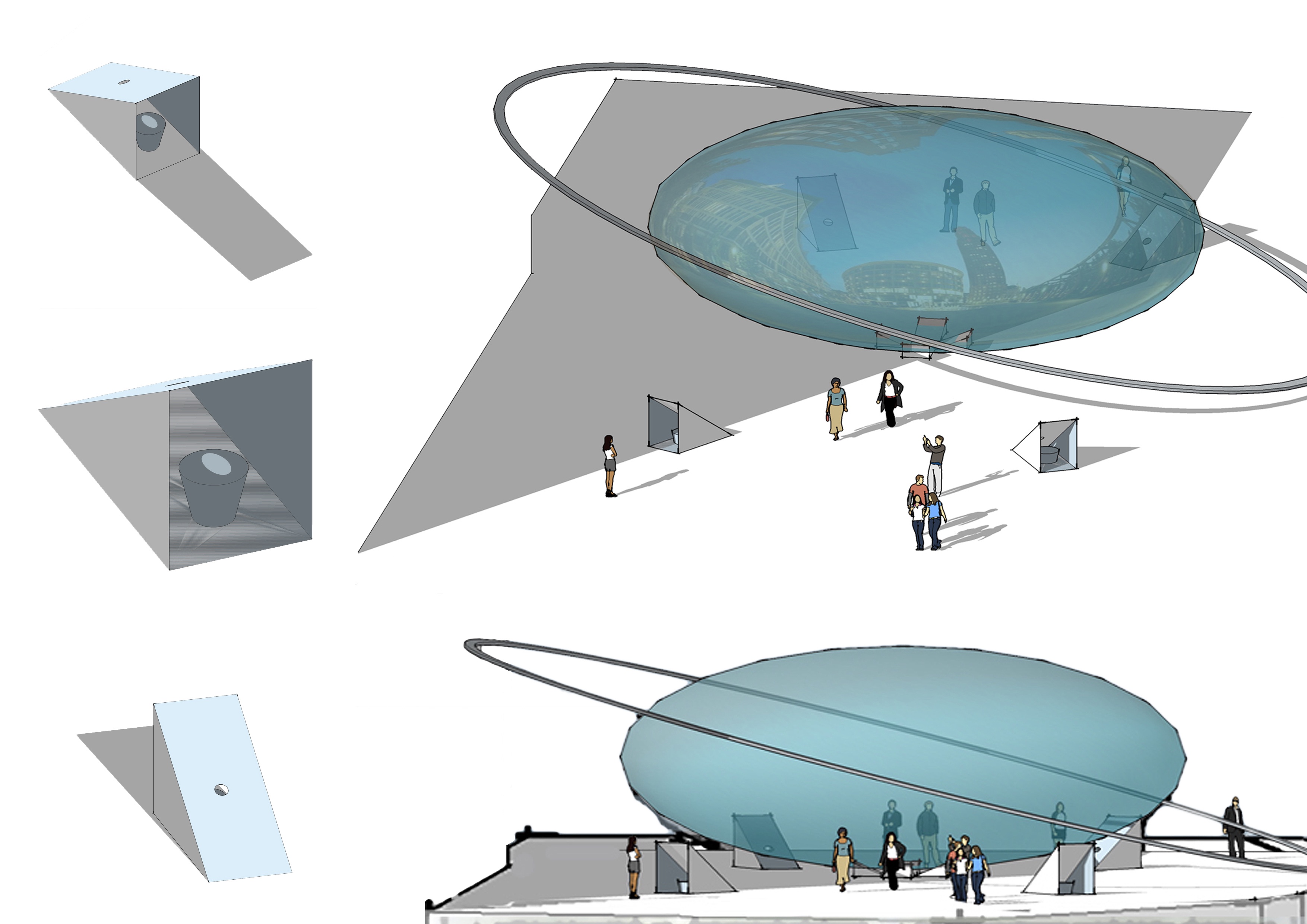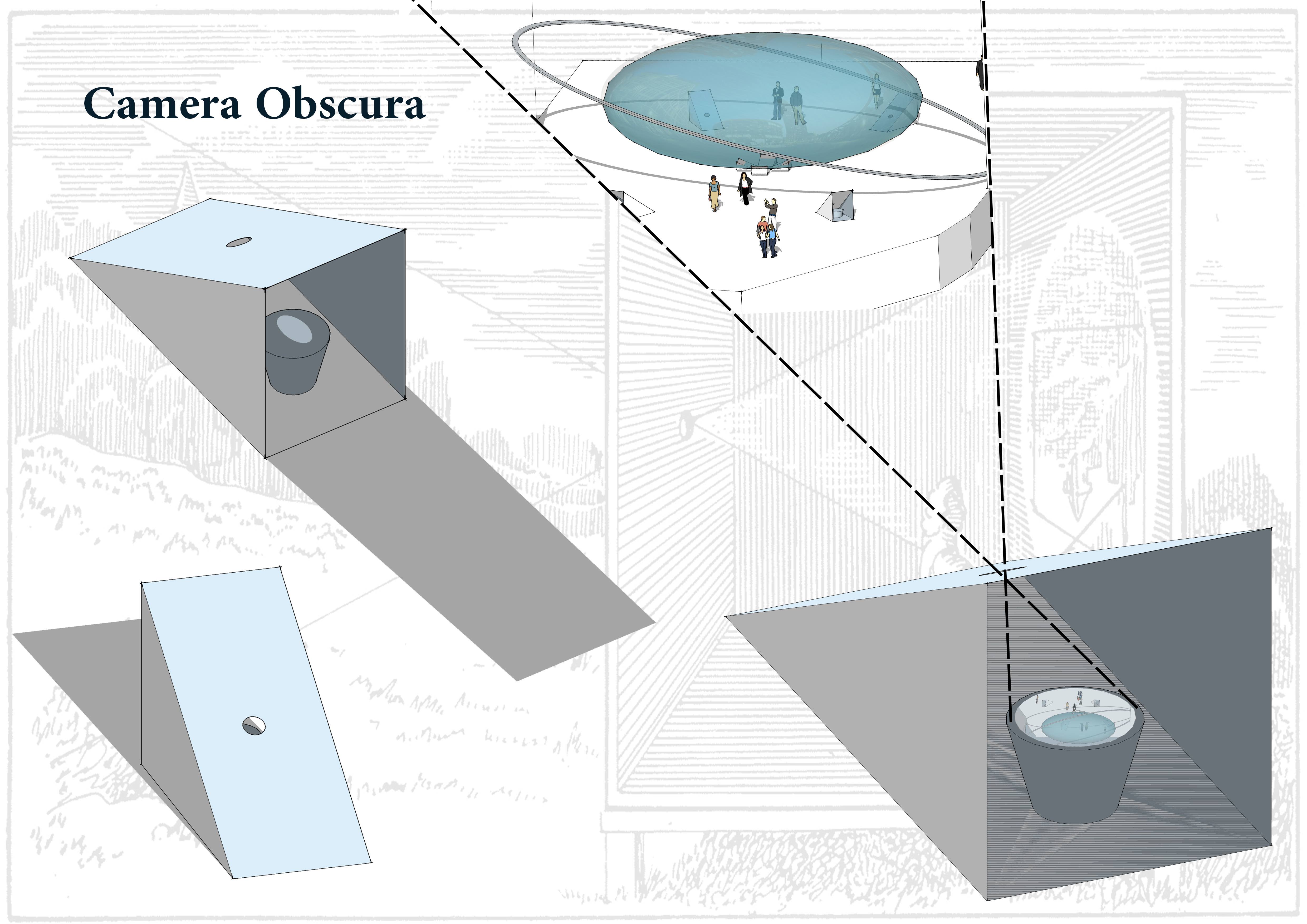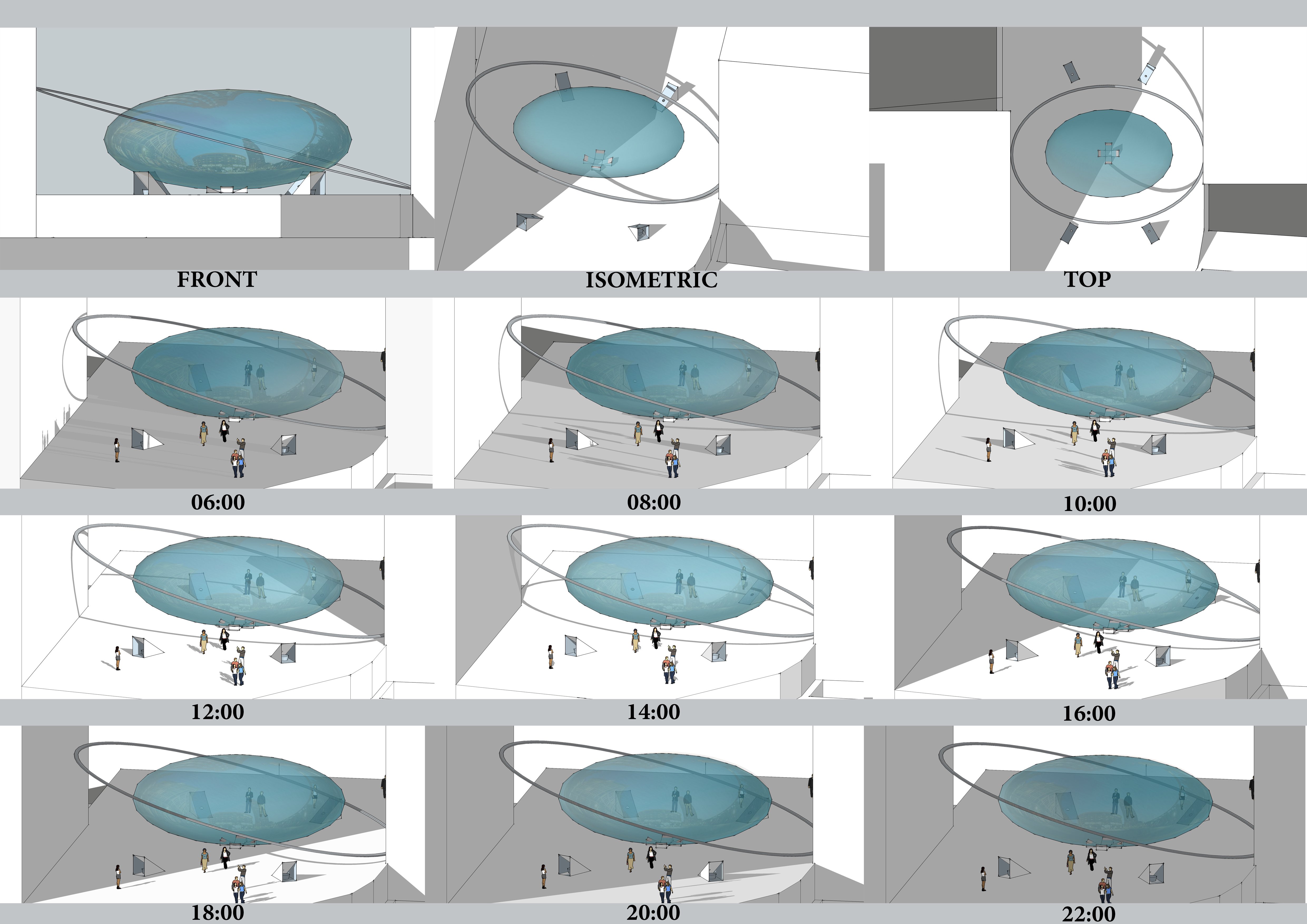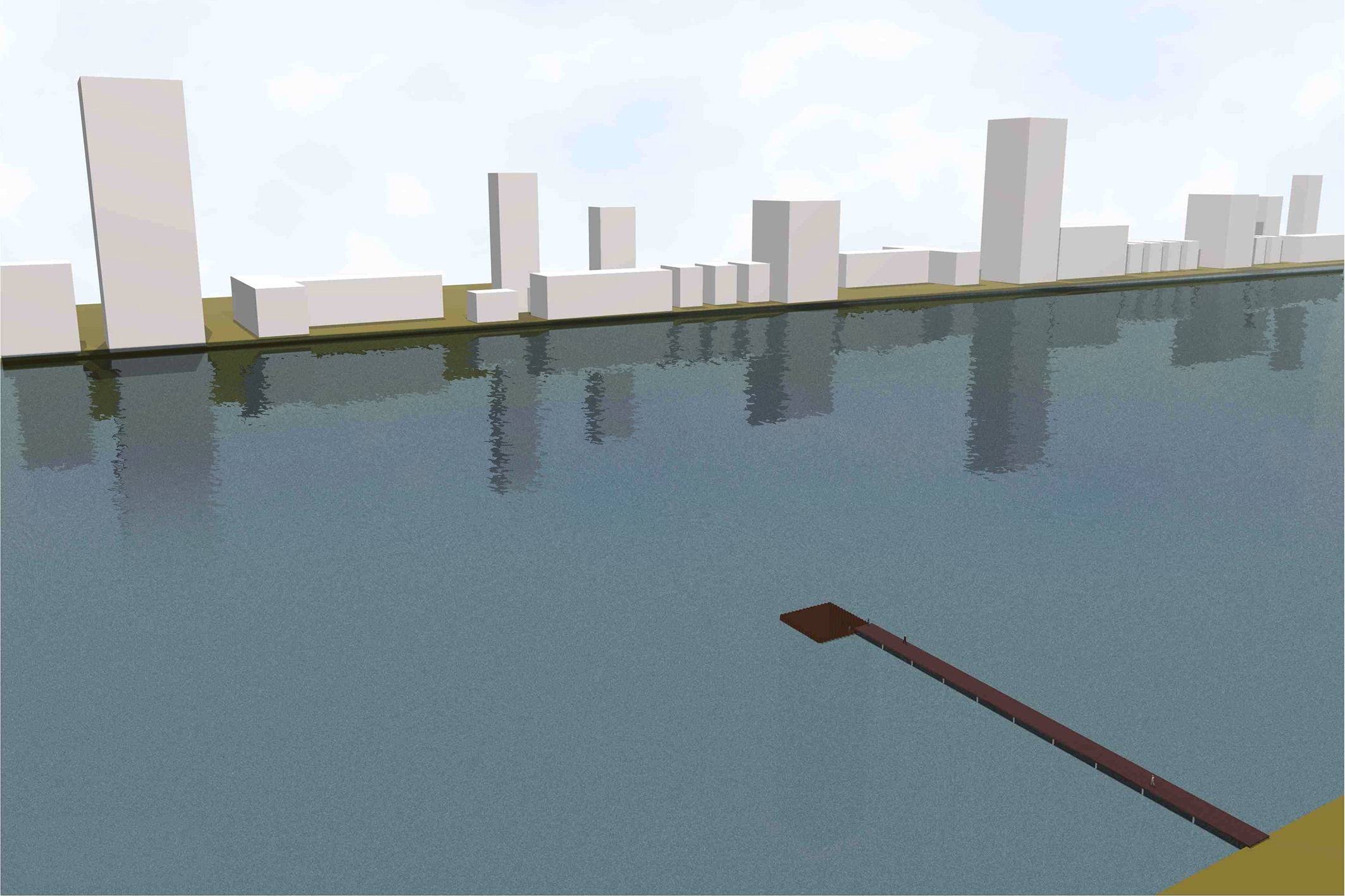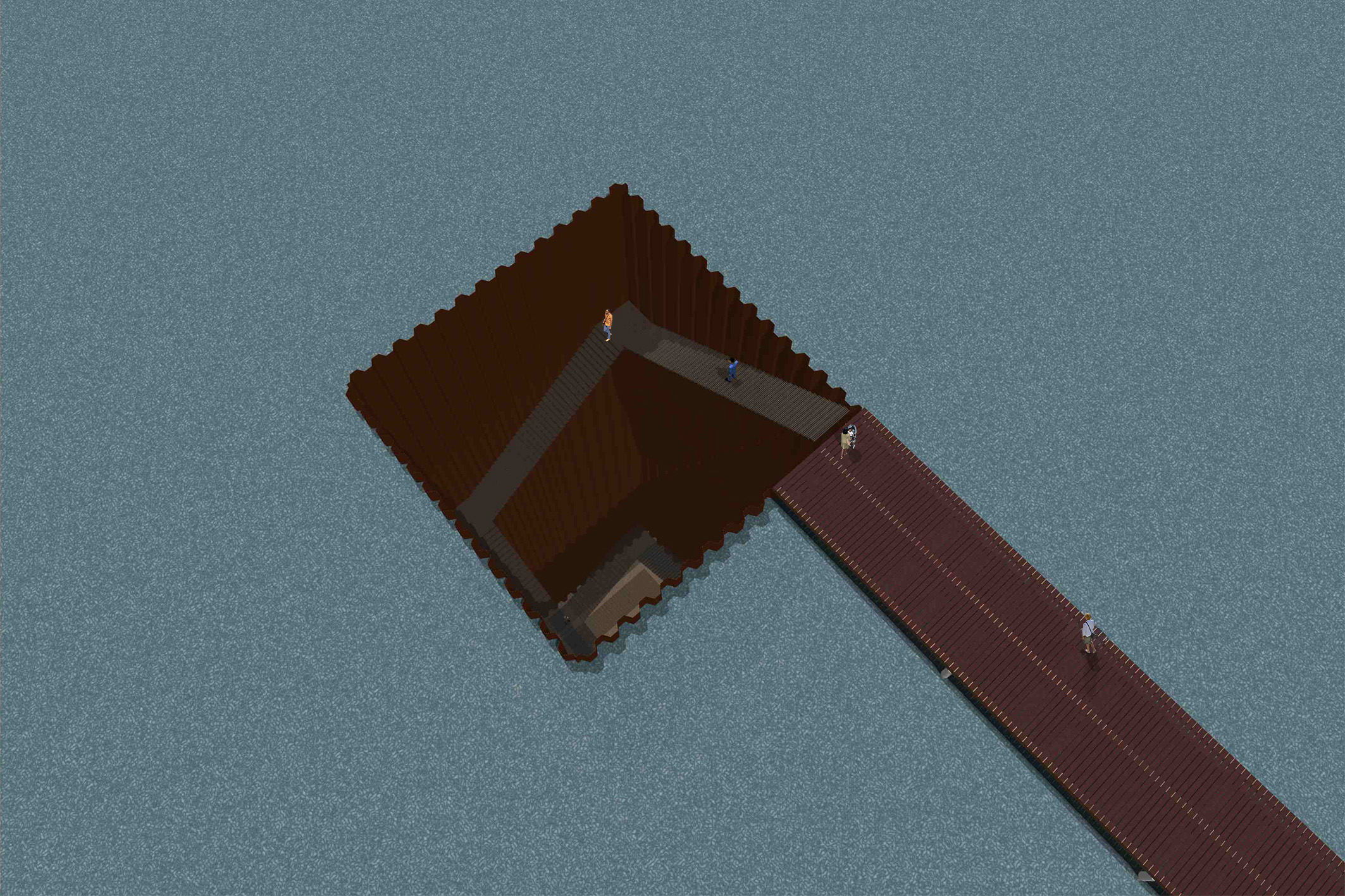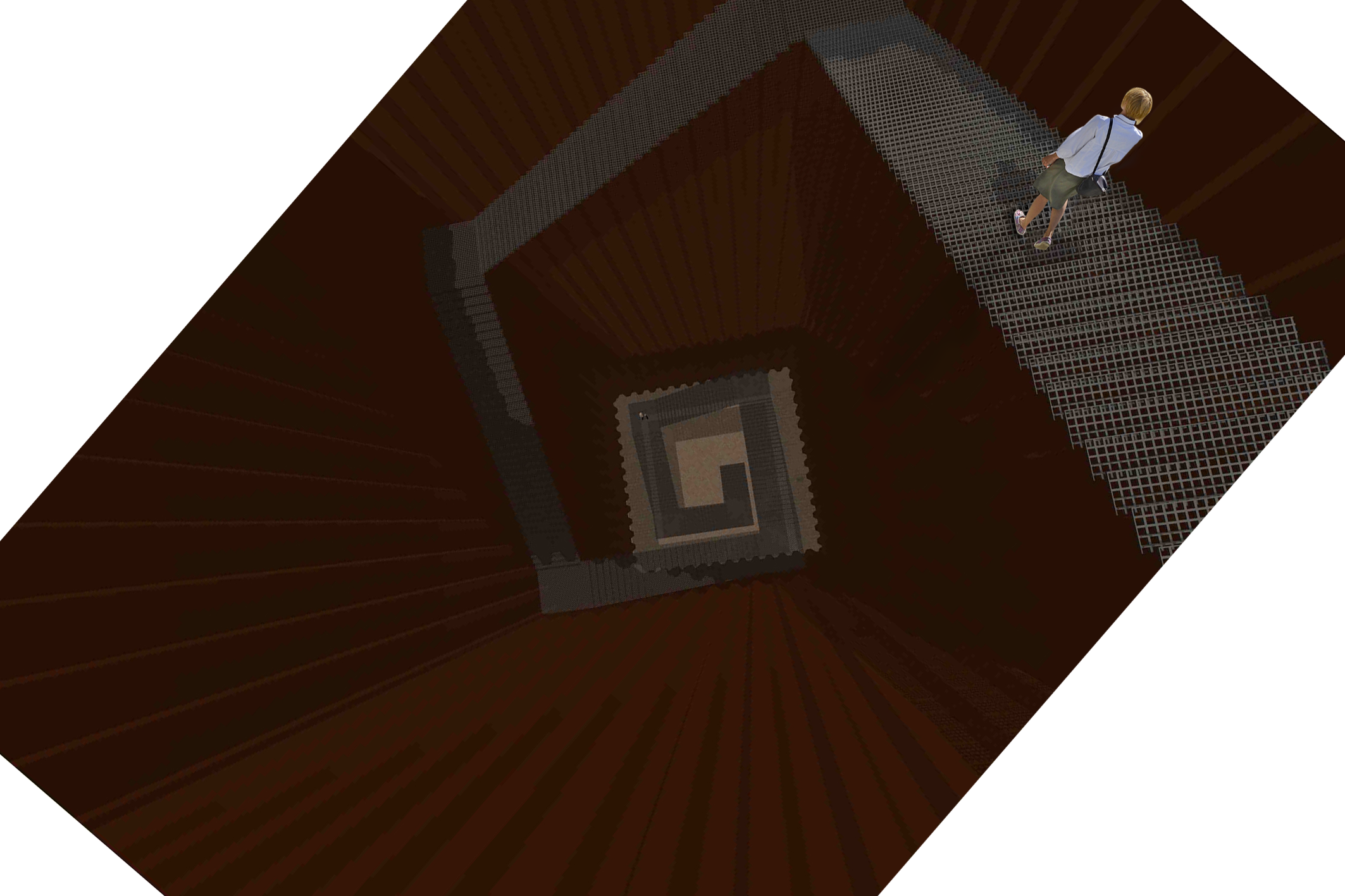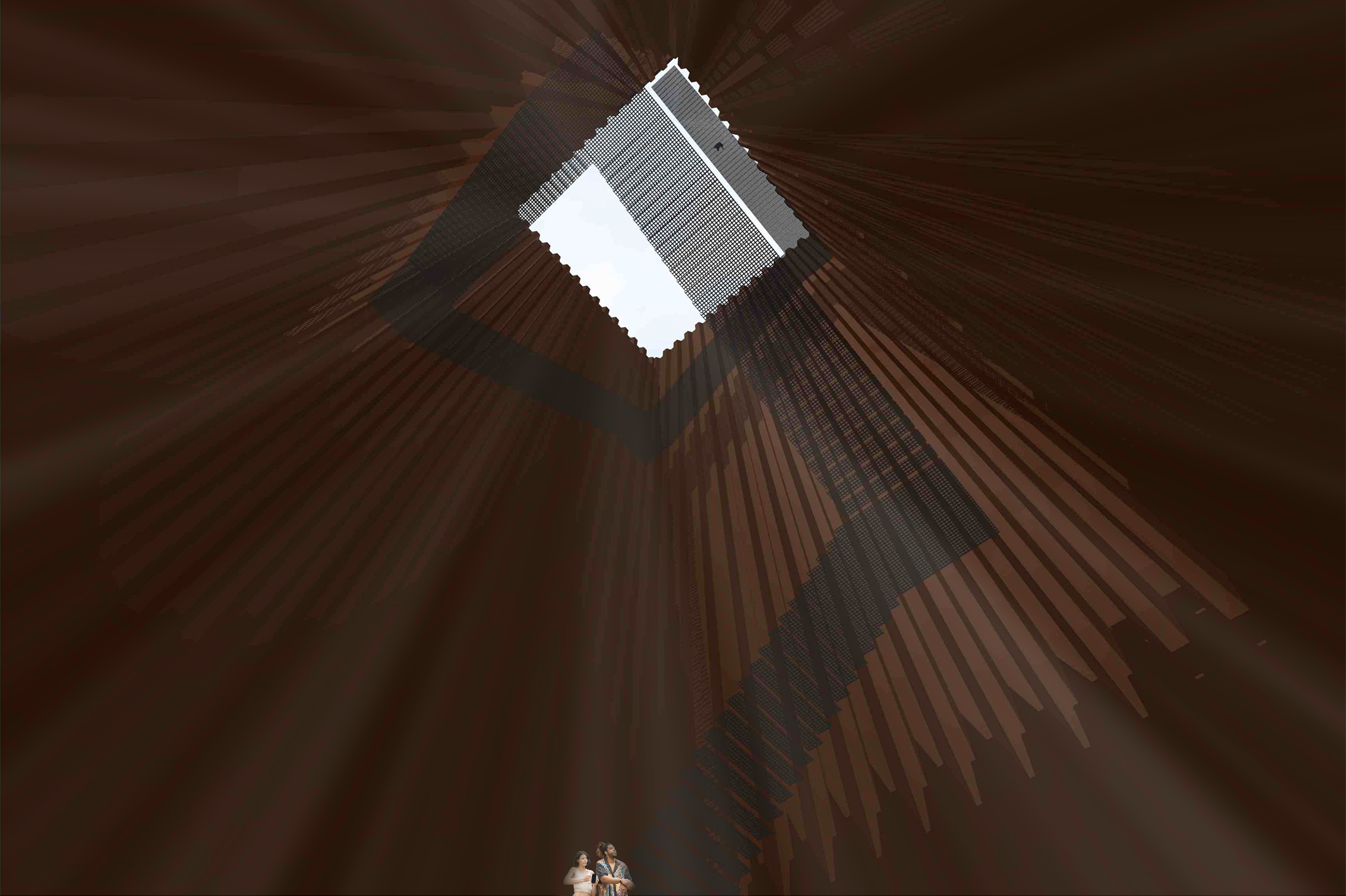Camera obscura / PLANET REFLEX (2020 – ongoing)
Originally designed for competition: Jameel Arts Complex. Dubai
The casting of untold light and connecting people: A architectural sculpture in the public space.
The core of this sculpture installation is light. The light of the sun on our planet. Light as the source of life, and light that serves humankind to perceive, to know, to distinguish between particular things and qualities. Light as the cornerstone metaphor of human intellect, without it, we are unable to think. It is light that tears the objects from the darkness and enables us to discern between them. The very nature of light is its duality. Without light there is darkness, shadows, obscureness. Due to this duality, light will always stand in as a guide on a path to enlightenment – enabling transgression, intellectual and affective leaps from dark to light, from obscure to revealed, from unknown to known. This universal revelation is known as illumination – we intuitively tend to associate it with the supernatural, the divine even, but the very etymology of the word symbolises nothing else than the process of casting untold light at the object previously cloaked in darkness.
The proposed sculpture installation is designed to bring together elements of „relations“, „constellation“, „connections“ in a public space where we are often just transient passengers. This sculpture empowers the idea of being in a relation, of being connected and being part of a larger whole within the a given space.
„Planet Reflex“ is a non-stop, working like a light lens – with a particular focal point and with anamorphic picture around it, especially revealing only those parts that are lit naturally. The sphere of the sculpture itself will be made from glass that allow to look through it aligning the angle of light from the position of the observer.
———————————————————————Trap-gate / (2009 )
Proposal for City of Amsterdam
Trap-gate – a commission from the city of Amsterdam for a study proposal to celebrate the 400th anniversary between New York and Amsterdam. Designed to be an underground sound tunnel, while at the same time attempting to be an inverted sky-scraper, Trap-gate is further attempting to address the Dutch slave trade and its historical contours.
In 1608 the ship “De Halve Maen” under the command of an English navigator Henry Hudson departed Amsterdam on behalf of the Dutch East India Company in search for a new-routes to Asia. In September 1609 Hudson sailed the river that was later named after him and discovered a fertile area around Manhattan and thus cemented Dutch colonization in the Americas as well the implementation of slavery. Dutch slave traders alone have shipped an estimated 600,000 enslaved Africans to the New World.
The proposal is in memory of all those victims who were forcibly shipped across the Atlantic slave trade and who had to endure untold suffering. Packed together below decks and chained by leg irons. The spaces were so cramped and suffocating as victims were forced to crouch or lie down when not rowing collectively.
After 400 years, justice and reparations have still not been accorded to the survivors of the slave-trade. In fact, the hollowness and the intensity of pressure coming from the surrounding water and implanted sound devices aimed to symbolise the hollowness of empty words and empty deeds.
Rivage a´l abandon / abandoned shores (2000 )
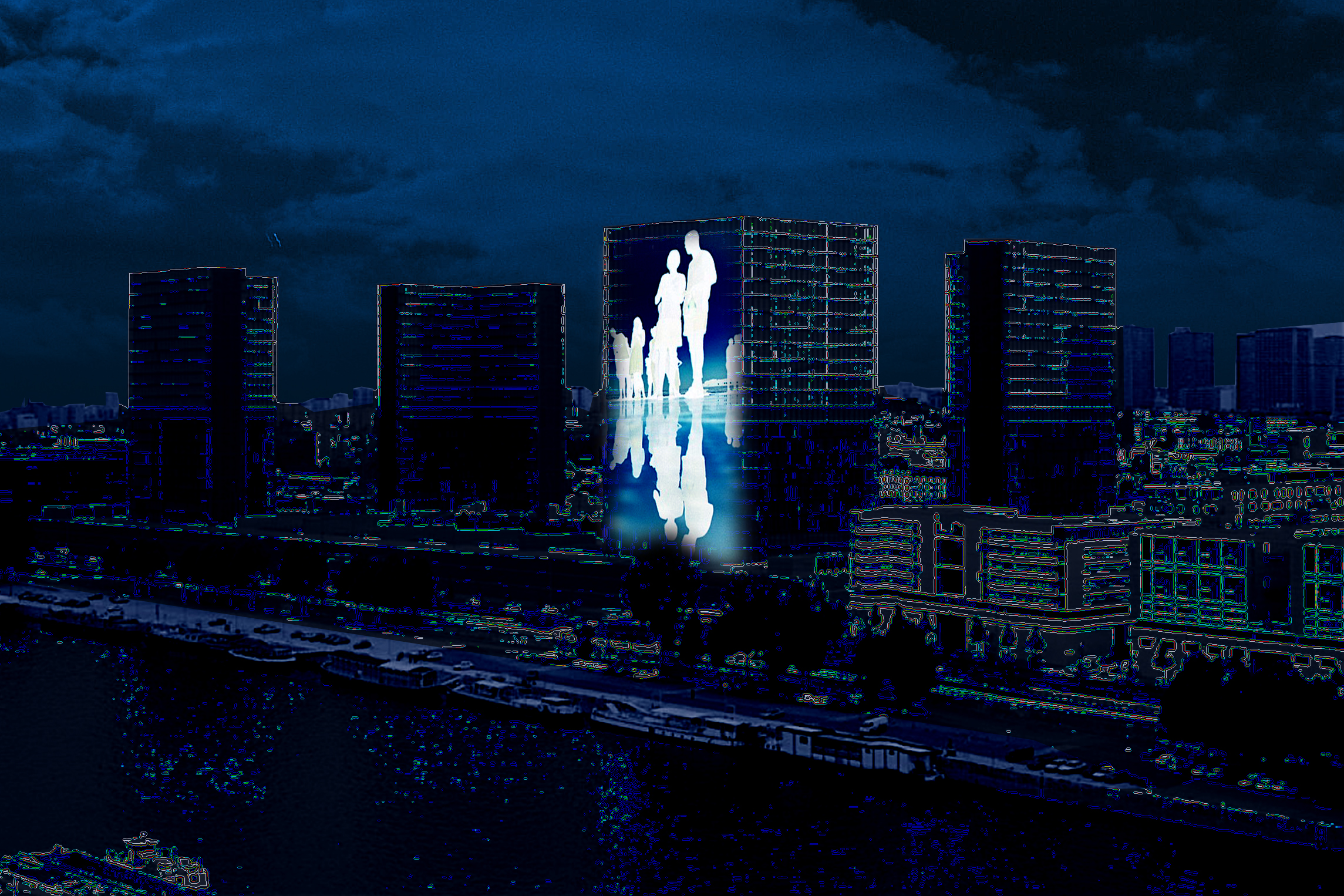
1st video projection on the actual building complex of BNF: Bibliothèque nationale de France, Paris after consultation with the architect Jean Nouvel
This project was realised with la Compagnie Faim de Siècle, Paris, La mairie de Paris, and Le Batofar Paris – August 2000
